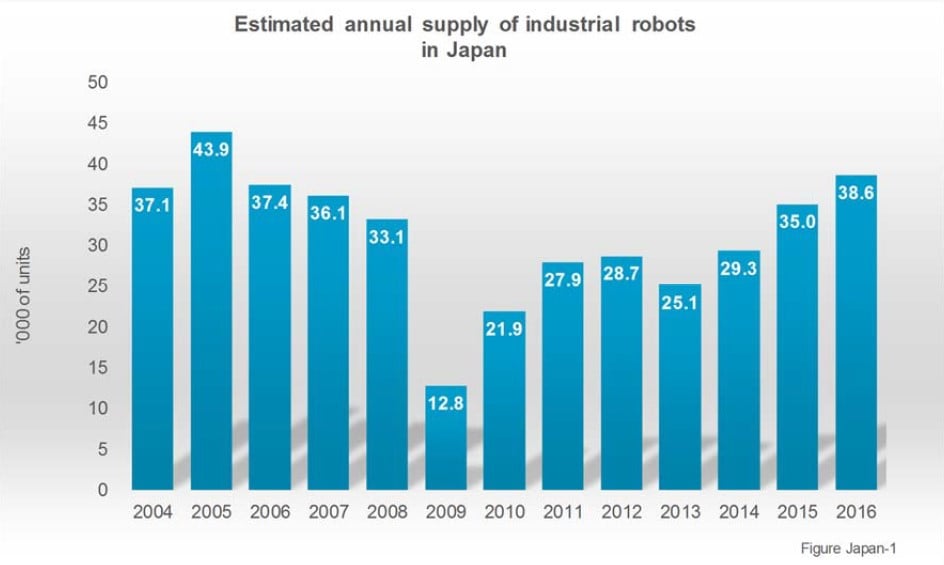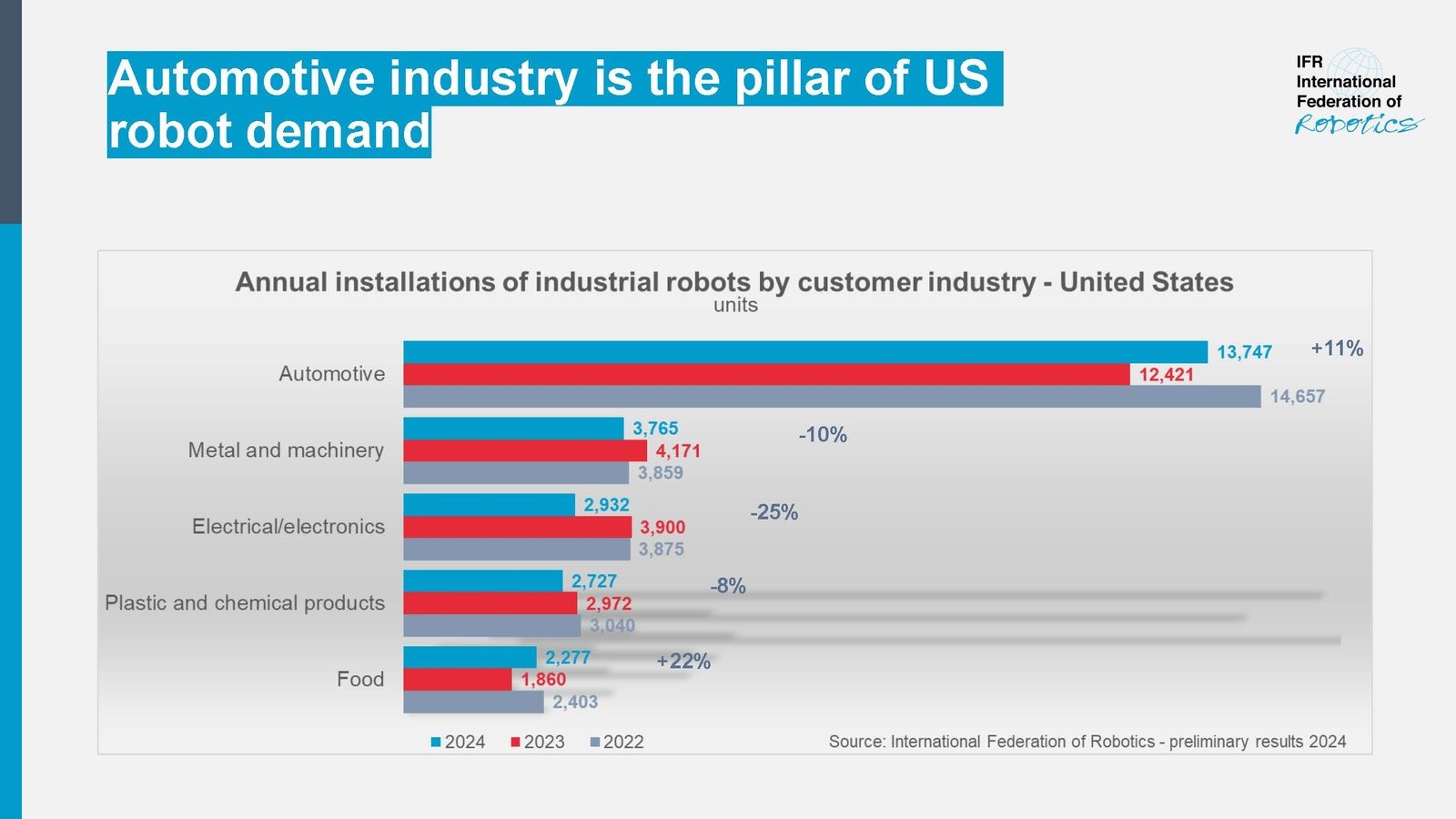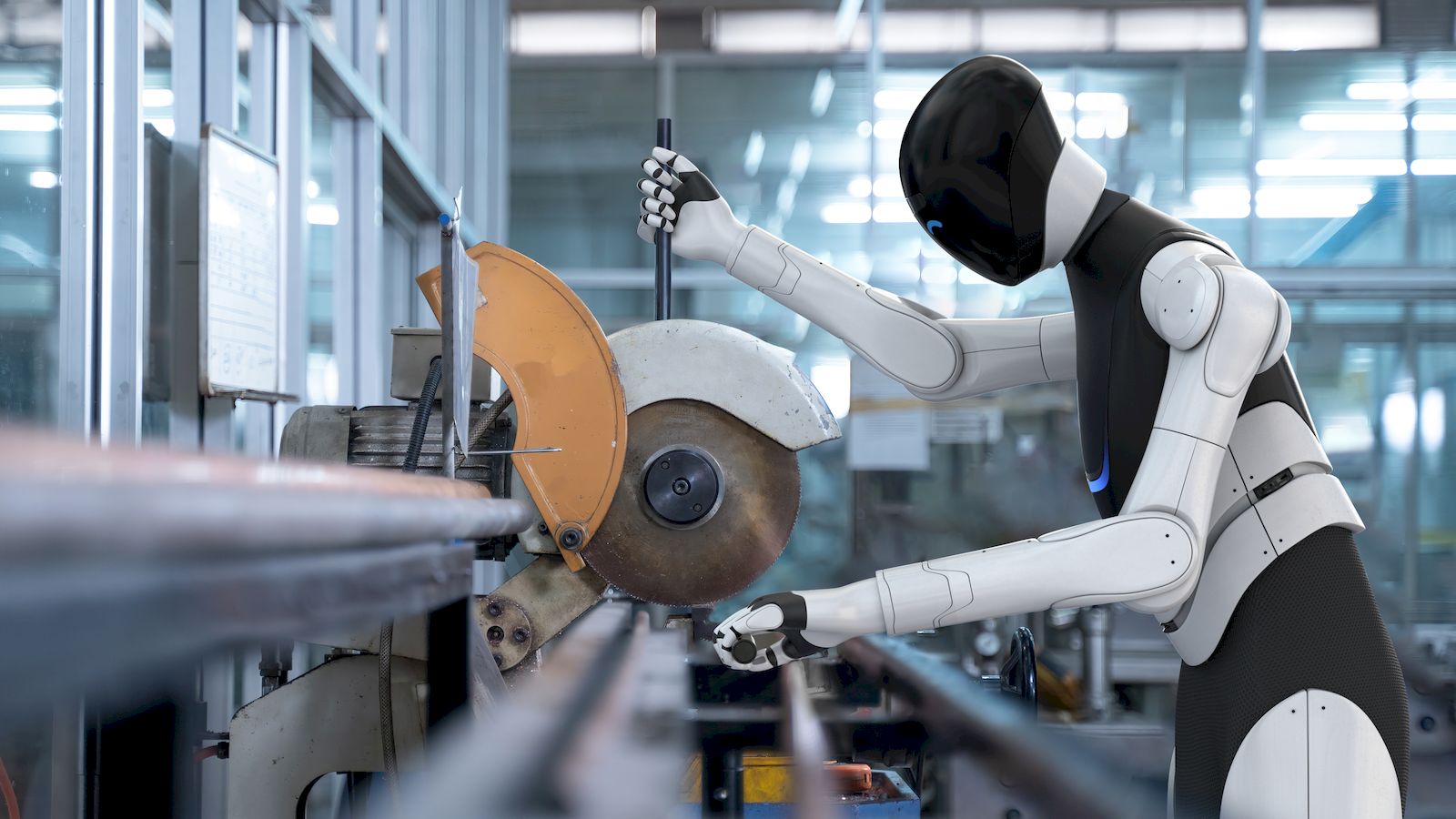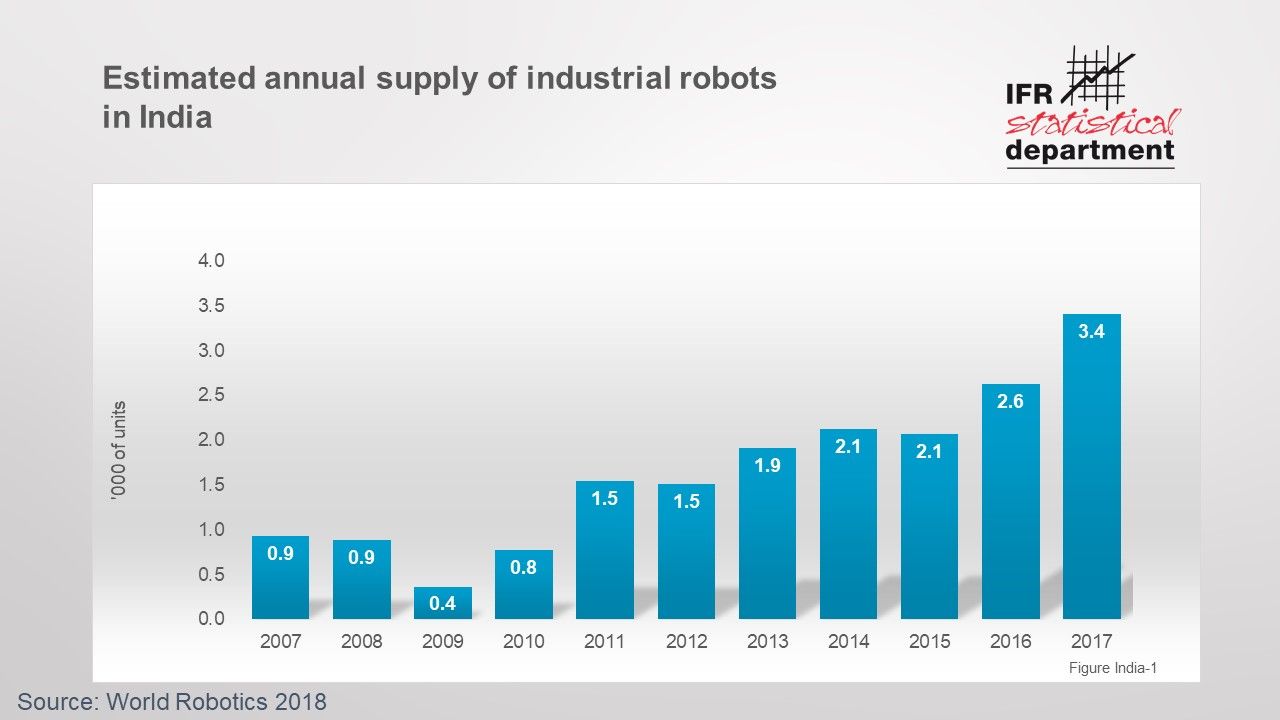
The 14th International IERA Award for Robotics and Automation has three winners on the top of the podium this year:
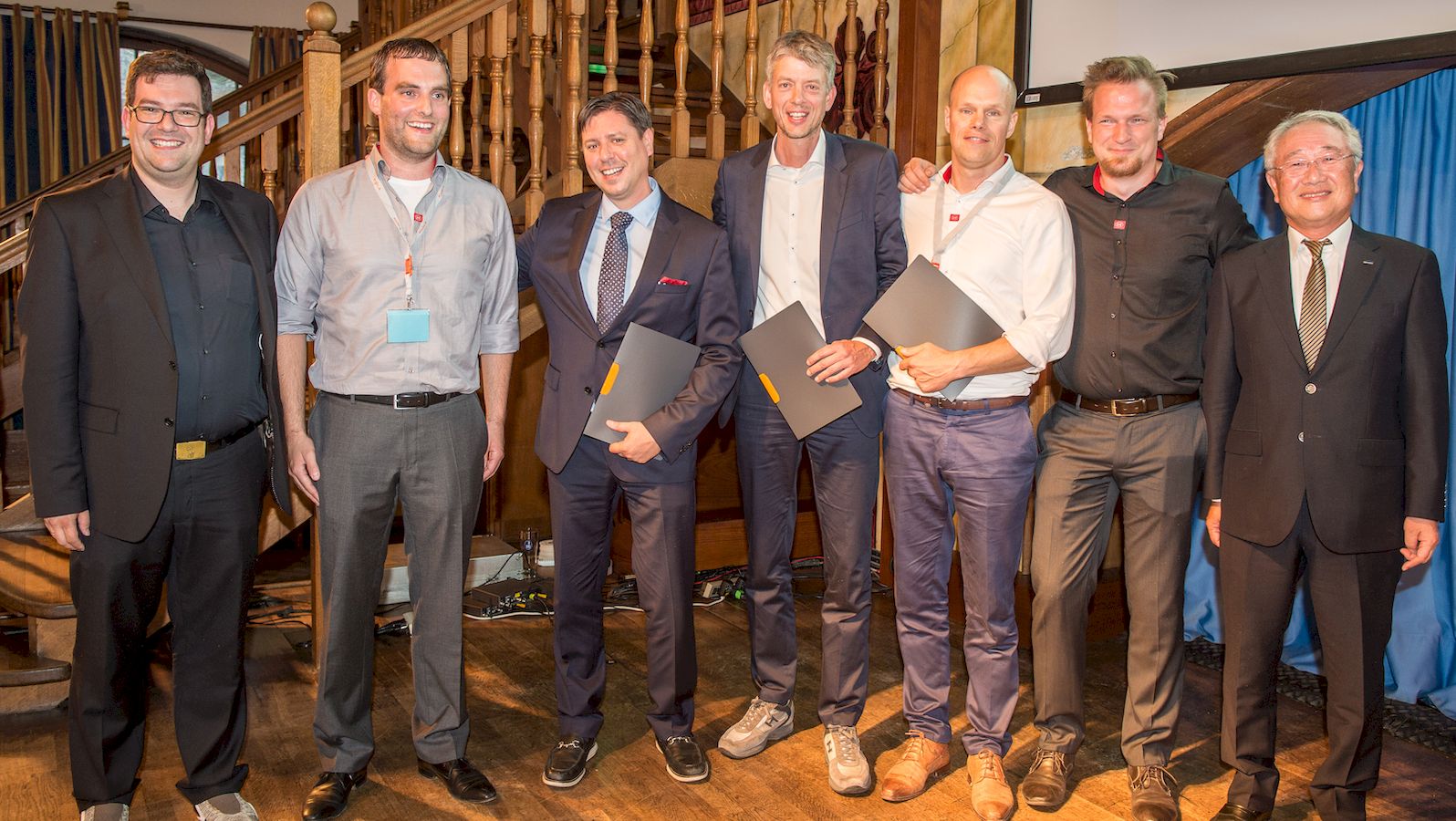
- Perception Robotics (USA) wins with the “Industrial Self-Cleaning Gecko Gripper”, a Gecko-style gripping solution that uses NASA technology for industrial automation.
- KUKA Deutschland wins with “LBR Med”, a collaborative robot assistant for medicine & research as well as new applications.
- Lely International (Netherlands) wins with the “Discovery 120 Collector”, a barn floor cleaning robot that cleans solid floors in the dairy industry
“The close cooperation between research and industry is very important for the robotics industry,” says Junji Tsuda, President of the International Federation of Robotics. “Based on modern scientific research, world-class products are being developed - this has been demonstrated by all three winners.”
“This year a number of excellent applications competed for the IERA Award,” says Dominik Boesl of IEEE-RAS. “Our winners in 2018 offer excellent technological innovations in various industries. Therefore, this year the jury decided to award first place to three winners.”
Perception Robotics (USA): Gecko Gripper
The technology underlying the gecko gripper is based on the model of the gecko, which can climb on smooth surfaces. The reptile uses physical forces of attraction between foot and surface (van der Waals forces). Based on the work of NASA (JPL) and Stanford University, Perception Robotics has developed a gripping solution for the manufacturing industry using this natural model in collaboration with NASA-JPL. In contact with smooth and rough materials, millions of tiny stalks on the robot arm produce a highly adhesive effect, with which, for example, sheet metal or glass pieces can be moved. The gecko gripper arm was deployed in sheet metal processing in 2017 - Perception Robotics sees an important future market in the manufacture of solar panels.
KUKA (Germany): LBR Med, lightweight robot
The LBR Med Robot Assistant from Kuka Deutschland supports a variety of tasks in medical research and practice and works in close proximity to humans. In laboratories, clinics or operating theatres, the lightweight robot takes over various tasks depending on the tool and program - for example, during medical interventions, treatments or scientific test procedures. The LBR Med has seven axes and particularly sensitive sensors that are suitable for human-robot collaboration. The robot component can be integrated into medical devices worldwide and has been tested and certified to international safety and quality standards. LBR Med, for example, has biocompatible and corrosion-resistant surfaces and, with internal connections, meets the hygiene standards in medical practices, clinics or operating theatres.
Lely International (The Netherlands): Barn floor cleaning robot
The Discovery 120 Collector navigates a programmed route through the barn and is controlled on its way by built-in sensors. The robot vacuums up the manure on solid walkways. The machine can spray water at the front and the back for dilution and cleaning. The in-built vacuum pump sucks the manure inside - once the tank is full, the Discovery drives to the dumping location. Here, the cleaning robot empties the tank and refills the water bags before returning to the charging station. Lely launched the Discovery 2017 in several European countries as well as the USA. In the future, additional countries will be added.
Photos
Please download below.
Press contact
econNEWSnetwork
Carsten Heer
phone +49 (0) 40 822 44 284
E-Mail: [email protected]
